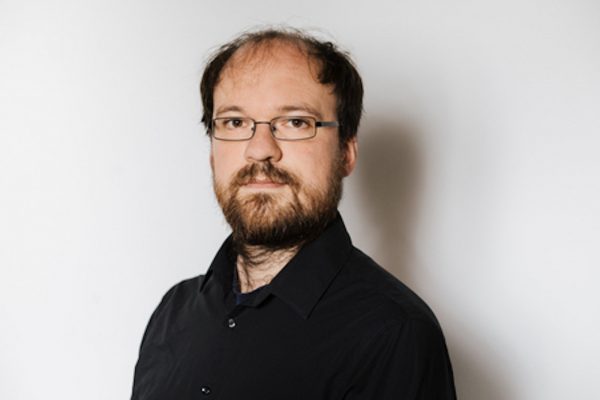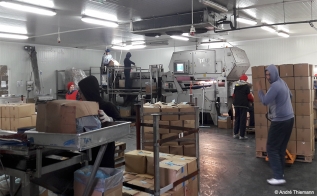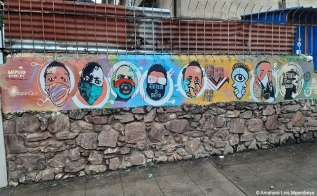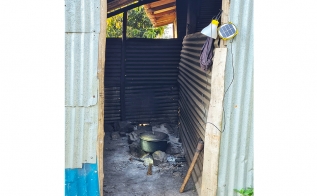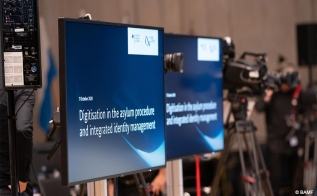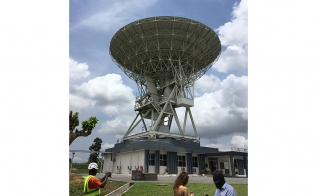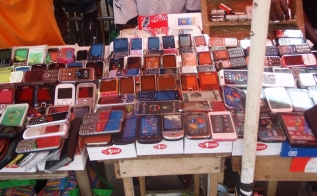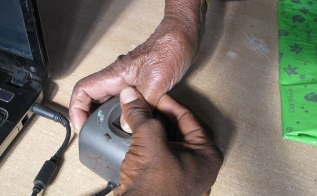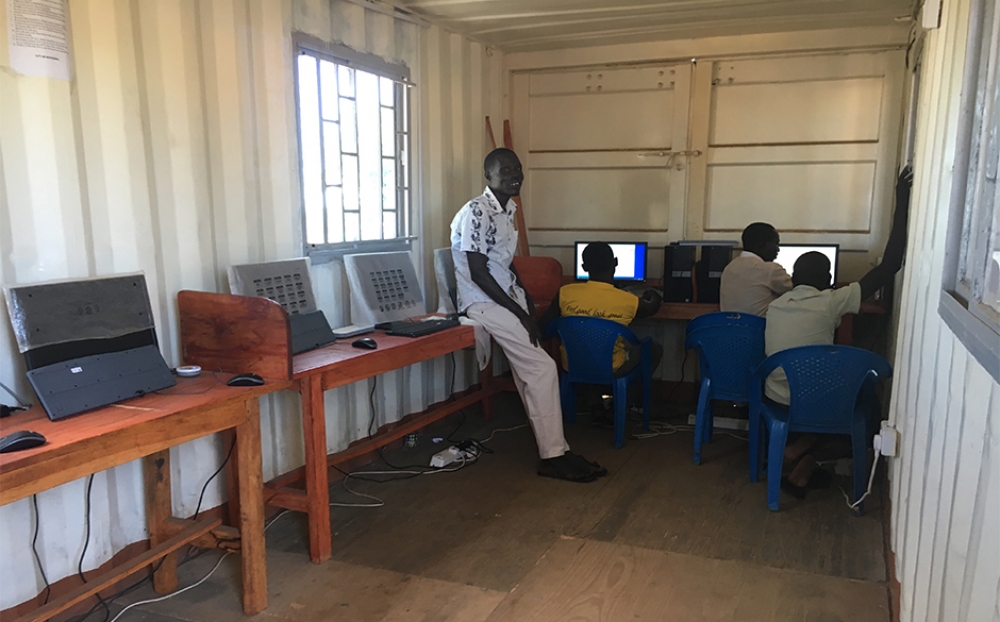
Description
The ongoing existence of mobile populations from South Sudan to Sudan opens up the necessity for several research questions, this project will look at two of those from an anthropological perspective.
First, humanitarian actors’ efforts and attempts at population management are put into question by the growing challenges they are facing. This is especially difficult in the case of South Sudanese refugees (and refugee camps), who are tremendously underfunded. The research will try to look at the complexity and administrative responses of the way international, national and non-governmental organisations deal with large numbers of individuals and their own internal challenges and shortages. The theoretical focus of the study bases on the observation that governments, as well as international organisations and (I)NGOs that run refugee camps use numerical representations in order to understand and manage populations (for provision of services). This quantification – often born out of necessity due to rising numbers of people and increased decisions based on economic rationalities due to limited funding – involves a decrease in interaction and in feedback loops and in the extreme the danger of looking at populations as mere numerical objects and has the potential to disregard their performativity.
Second, in order to understand the performative adaptations of the people subjected to and profiting from those techniques, the project focuses on the hopes and integration mechanisms of people (formerly) on the move. People on the move partially gain knowledge of their rights through the internet or interpersonal networks, for example about the advantages and disadvantages of certain types of categories in interaction with humanitarian actors. This performativity of South Sudanese is co-shaped by the new accessibility of social media (mobile phones and internet) which has been instrumental to displaced populations themselves, who, in their own right, are seeking personal security to organize their lives, hopes and plans for the future and which try to position themselves in favorable positions (in life, but also for example in databases). People on the move gain knowledge of their rights through the internet or interpersonal networks, about the advantages and disadvantages of such categories as ‘refugee’, ‘internally displaced persons’ or ‘in need’, about further routes, in both physical and imagined senses. They also keep in touch, exchange money, and organize charity or relief to families in conflict areas. Looking at actions taken towards personal life improvement means studying positive efforts of seeking well-being and highlights sometimes immaterial and intangible factors that guide people’s actions, in the present case, that of hope. Thus, the research looks at the importance of hope as fundamentally human motivating emotion in situations of crisis and its complex relation with the external host of institutions, networks and knowledges that come into play.
Hope understood not only as a personal feeling, but also as a research method and strategy is central to understanding peoples’ drive for the improvement of their respective lives. It allows for positive questions in difficult circumstances, since hope is a method to co-enact that future situation. I therefore ask how hope is related to the promise of new technologies such as, for example, social media, maps, mobile cash transfer? In what exact ways are hope and technologies an enacting agent to people in insecure moments of life?
Overall, the research tries to address the impact of technologies understood as models and as technical devices on the lives of refugees.

